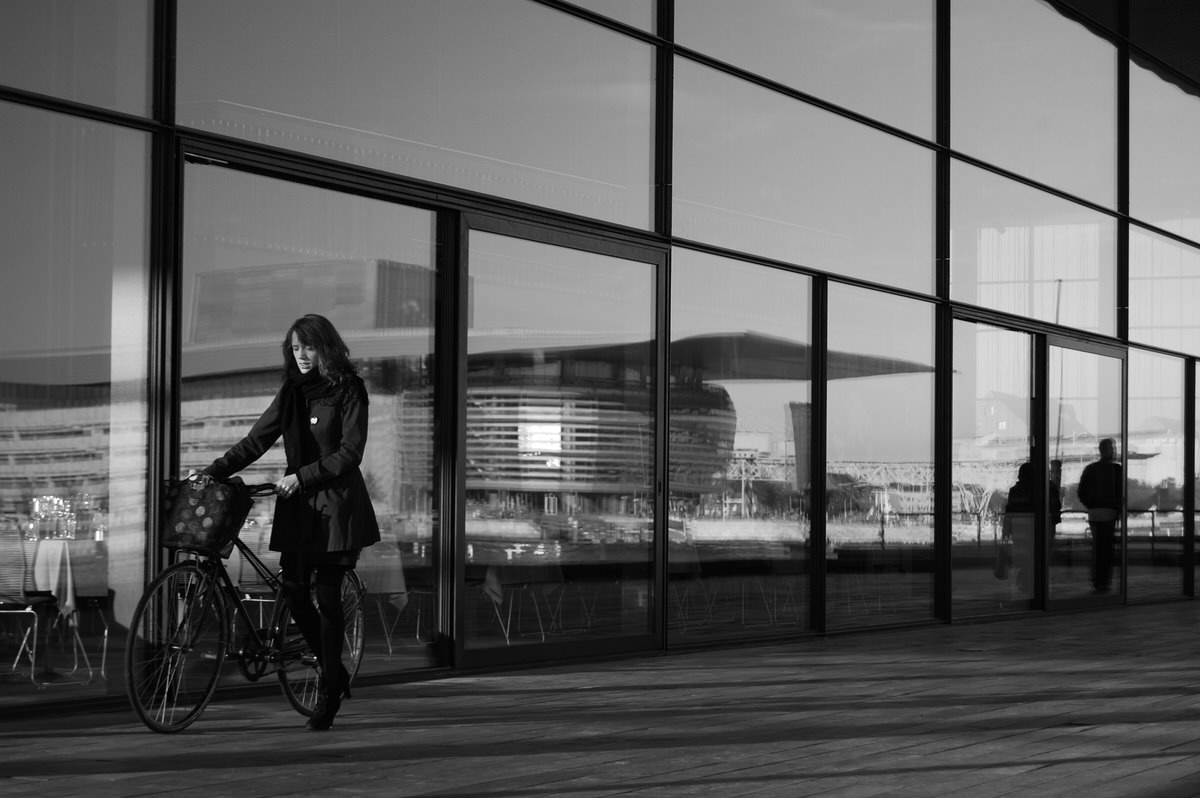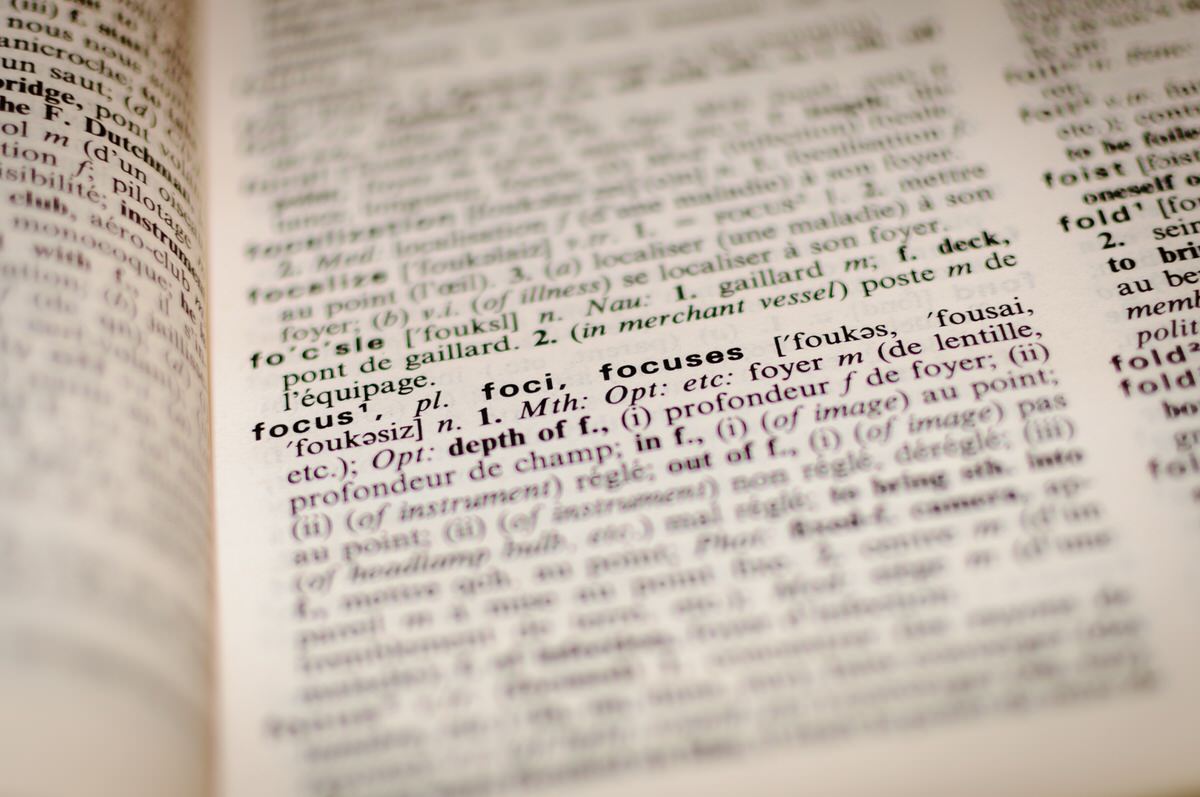I am not surprised to find that I disagree with Eric Kim.
Well for me, I think the concept of “taking” a photograph sounds forceful— like you’re stealing something from someone. So when it comes to street photography, it sounds violent and aggressive. To “take” a photograph of someone is to steal their soul. However, on the other hand, to “make” a photograph is to create something beautiful, and to be creative. I also like the idea of “making” a photograph— because it sounds more collaborative. It sounds more engaging, and isn’t you just taking a mindless snapshot and walking away.Source: “Taking” vs “Making” Photos in Street Photography
I am not surprised to find that I disagree with Eric Kim. I can't place my finger on it, but I feel that Kim is one of those photographers who has a following and writes a lot about the art of photography but who's art is uninspiring. Banal. I think he's faking it and I find his articles lack any substance. I'm trying my best to avoid coming across any of his shit.
If the response to this blog post on Petapixel is any indication there are many people who agree with my assessment. But in fairness, just because I can find a group of people who agree with what I feel does not mean that my opinions are valid.
I was born in the British West Indies and lived there until I was 18. Since then I have lived in various parts of, the United States. I currently reside in New Jersey. Perhaps I have learned to think like an American. When I think of taking photography, I think of composition, lighting and then pushing the shutter button to capture the scene as I see it. When I think of "making" a photograph, I think of manipulation and producing something manufactured.
But no matter which word you use, the goal is to produce art. The equip and methods and words you use to create it are irrelevant.


